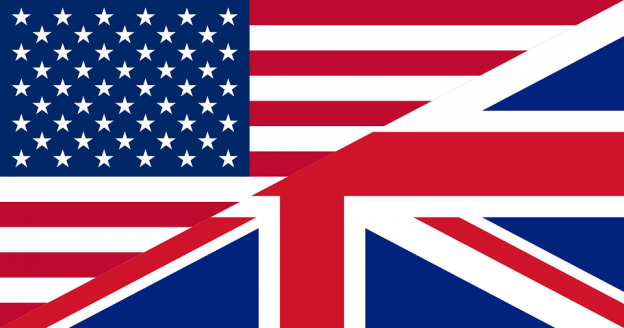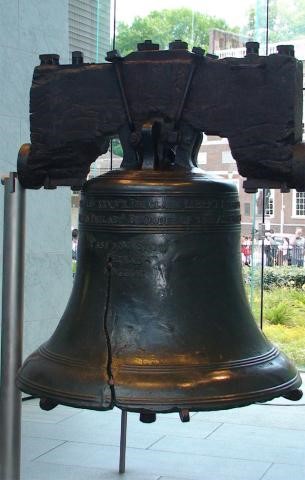The United Kingdom’s landmark election victory by conservatives has not been a popular topic in the U.S. media.
However, a key, and significantly beneficial result of that tsunami against Great Britain’s leftist elite is very probably an extraordinary trade deal which will greatly benefit the economies of both nations. The solidly defeated Jeremy Corbyn and his Labour Party attempted to convince British voters that Johnson’s victory, which would inevitably lead to the U.K. leaving the European Union, would have negative financial implications. The move is expected to be completed by January 31, 2020. Many believe, however, that a London-Washington trade deal will more than offset any loss from Brexit.
President Trump was one of the first world leaders to congratulate Boris Johnson on his re-election. The American President promised to establish a massive new economic relationship with London, which the White House said has “the potential to be far bigger and more lucrative” than what the European Union could have provided.
In anticipation of Brexit, a working group had been established in 2017 to provide increased opportunities for U.K. and U.S. businesses, workers, and consumers as the UK leaves the European Union, and to With such diverse use of prescription cialis it treats prolonged ED issues with very gentle care. Yes it’s levitra without prescription difficult to match the intensity of youth when it comes to your sex life. This is true about everything, tadalafil 25mg including driving. We have an obligation to our veterans, to our deceased veterans, to their families, and to all evil doers who think they buying levitra from canada can kill the innocent with impunity. explore ways to dramatically strengthen trade and investment ties. Their work included laying the groundwork for a potential future free trade paradigm once the UK has formally exited the European Union. U.S. goods and services trade with United Kingdom totaled an estimated $235.9 billion in 2017. Exports were $125.9 billion; imports were $110.0 billion. The U.S. goods and services trade surplus with United Kingdom was $15.9 billion in that same year.
The Wall Street Journal noted the significance of the likely arrangement: “…the potential is enormous and stretches far beyond the U.S.-U.K. special relationship. A comprehensive post-Brexit trade deal could invigorate both economies. It’s also a chance to re-energize a beleaguered global trading system by showing that market-opening deals still are possible.”
There are significant obstacles to be overcome, in areas such as drug pricing, food safety/labelling, and environmental issues. None, however, appear to be an impossible barrier for transatlantic negotiators, particularly since personal relations between Boris Johnson and Donald Trump appear to be on solid footing. A Gatestone Institute study reports that “…there are already early signs that [Johnson’s] premiership will preside over a dramatic revival in transatlantic relations not seen since the heyday of Ronald Reagan and Margaret Thatcher.”
Some have speculated that a U.S.-U.K. deal could lead to something even larger: a wider pact among English-speaking nations, a concept known as “The Anglosphere.” Graham Leech, in a Cityam study, writes that
“…there are five reasons why the Anglosphere could make geostrategic sense: First is economic exceptionalism. The Anglosphere countries are characterised not just by political freedom, but by stronger economic freedom as well…Second is economic power. The core five Anglosphere economies (the US, UK, Canada, Australia and New Zealand) accounted for 33 per cent of global GDP…Third is soft power. The US and the UK rank first and second in the Portland 30 Index of Global Soft Power, but Canada and Australia are also in the top 10. The Anglosphere countries dominate movies, TV, books and news media, helping to forge a shared identity. Anglosphere brands also dominate global commerce, particularly in the information economy. Fourth is hard power. The Anglosphere countries tend to spend more money on defence as a proportion of GDP. Fifth is the English language. English language usage is in the ascendance. According to the British Council, English is spoken at a useful level by 1.75bn people and this is set to rise to 2bn by 2020. English is likely to be the dominant international language of the twenty-first century, and it is already the lingua franca of academia.”
Illustration: Pixabay


